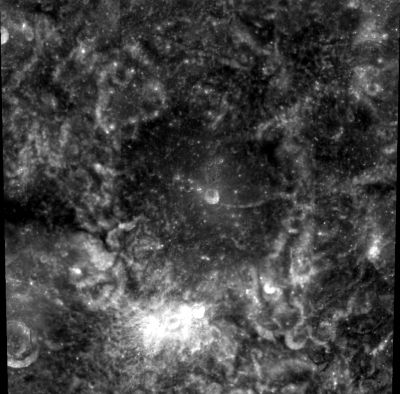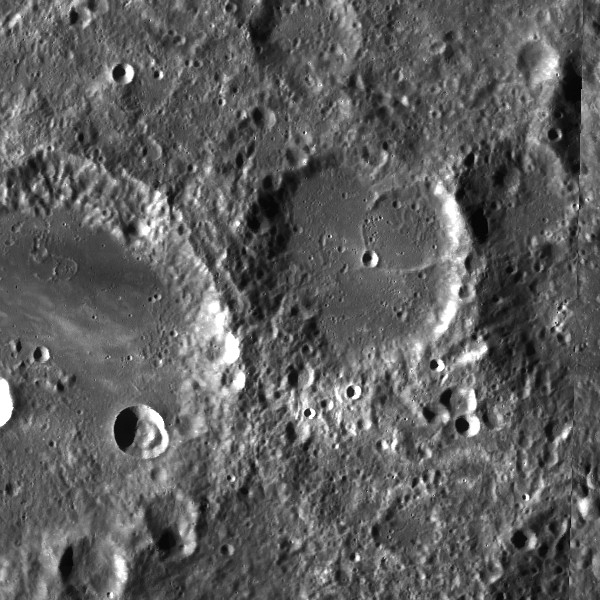Nassau
Contents
Nassau
| Lat: 24.9°S, Long: 177.4°E, Diam: 76 km, Depth: km, Rükl: (farside) |
Table of Contents
[#Nassau Nassau]
[#Nassau-Images Images]
[#Nassau-Maps Maps]
[#Nassau-Description Description]
[#Nassau-Description: Wikipedia Description: Wikipedia]
[#Nassau-Additional Information Additional Information]
[#Nassau-Nomenclature Nomenclature]
[#Nassau-LPOD Articles LPOD Articles]
[#Nassau-Bibliography Bibliography]


left: Clementine . right. LROC . Nassau at center, Van de Graaff at left
Images
LPOD Photo Gallery Lunar Orbiter Images Apollo Images
Frame 63, made by ZOND 8, shows Nassau just above the grey-white rectangle near the frame's upper right corner.
Research: Danny Caes
Maps
Description
Description: Wikipedia
Additional Information
The lunar surface formation known as Nassau is located in (surrounded by) a dense field of swirls (as it is seen at LAC 104 in the Clementine Atlas of the Moon). At the south-southwestern part of Nassau's rim, a high-albedo region of swirls is noticeable.
Nomenclature
Jason John Nassau (1892 – 1965) was an American astronomer. From 1924 until 1959 he was the director of the Case Western Reserve University (CWRU) Warner and Swasey Observatory in Cleveland, Ohio. He was a pioneer in the study of galactic structure. He also discovered a new star cluster, co-discovered 2 novae in 1961, and developed a technique of studying the distribution of red (M-class or cooler) stars.
LPOD Articles
Bibliography
This page has been edited 1 times. The last modification was made by - tychocrater tychocrater on Jun 13, 2009 3:24 pm - afx3u2